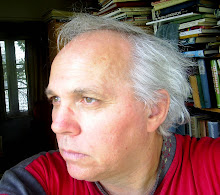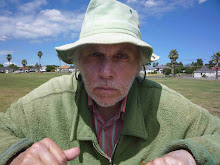Room 7A
 Karl Friedrich Gauss
Karl Friedrich Gauss 1777 - 1885 German mathematician and philosopher.
We are here face to face with the crucial paradox of knowledge. Year by year we design more precise instruments with which to observe nature with more fineness. And when we look at the observations, we are discomfited to see that they are still fuzzy, and we feel that they are as uncertain as ever.
We seem to be running after a goal which lurches away from us to infinity every time we come within sight of it.
…and ever since astronomical instruments have been improved. We look at the position of a star as it was determined then and now, and it seems to us that we are closer and closer to finding it precisely. But when we actually compare our individual observations today, we are astonished to find them as scattered within themselves as ever. We had hoped that the human errors would disappear, and thus could ourselves have Dog;s view. But it turns out that errors cannot be taken out of the observations. And that is true of stars, or atoms, or just looking at somebody’s picture, or hearing…
Gauss recognised this with that marvelous boyish genius that he had right up to the age of nearly eighty when he died…
But Gauss pushed on to ask what the scatter of the error tells us. He devised the Guassian curve [this is still used by scientists, engineers, mathematicians students of or practitioners of statistics, and others – it is in the indispensable Eton’s tables.] in which the scatter is summarized by the deviation, or spread, of the curve. And from this camea far reaching idea: the scater marks an areaof uncertainty. We are not sure that the true position is the center. All we can say is that it lies in the area of uncertainty…

.jpg)



1 comment:
Wow, could you be like, any more NEGATIVE?
I'm online for POSITIVE vibrations.
Post a Comment